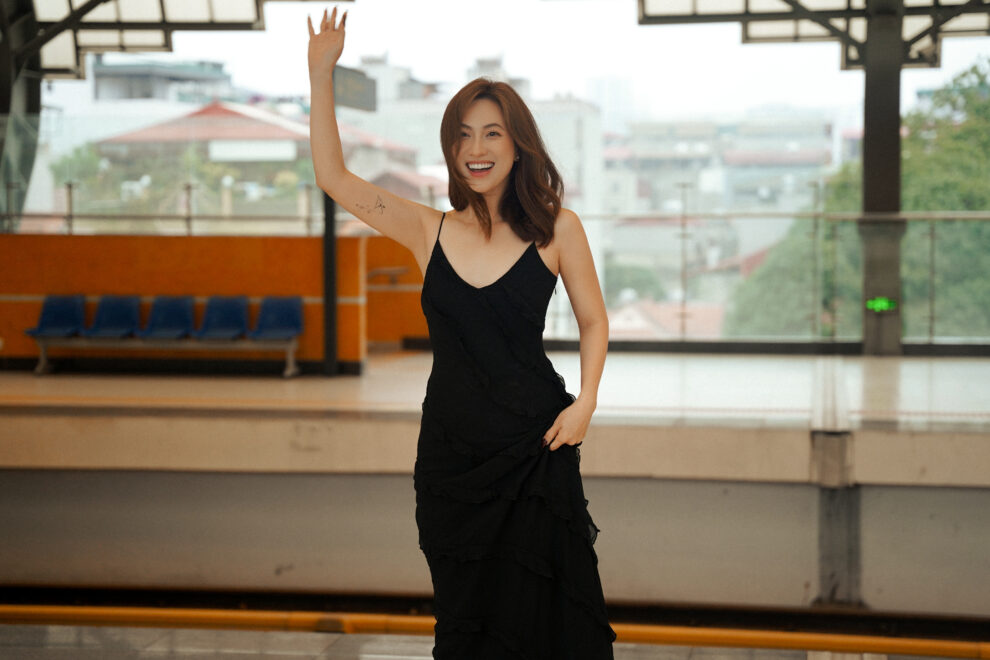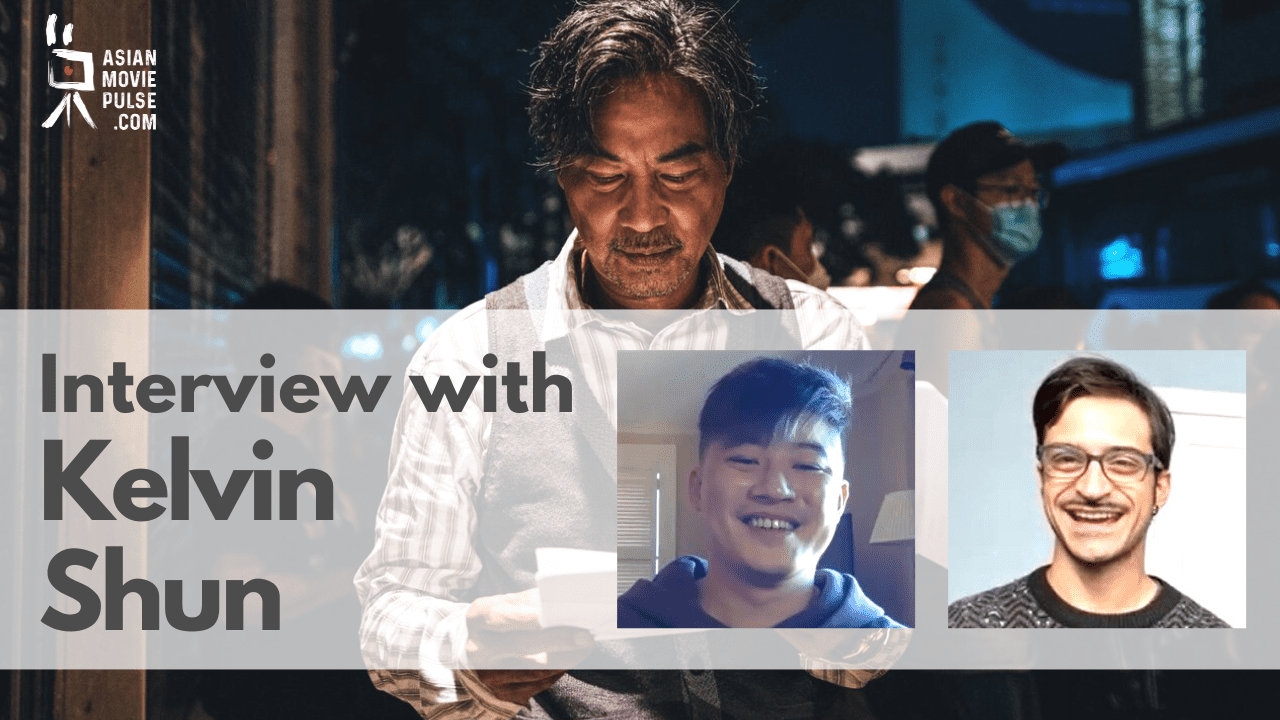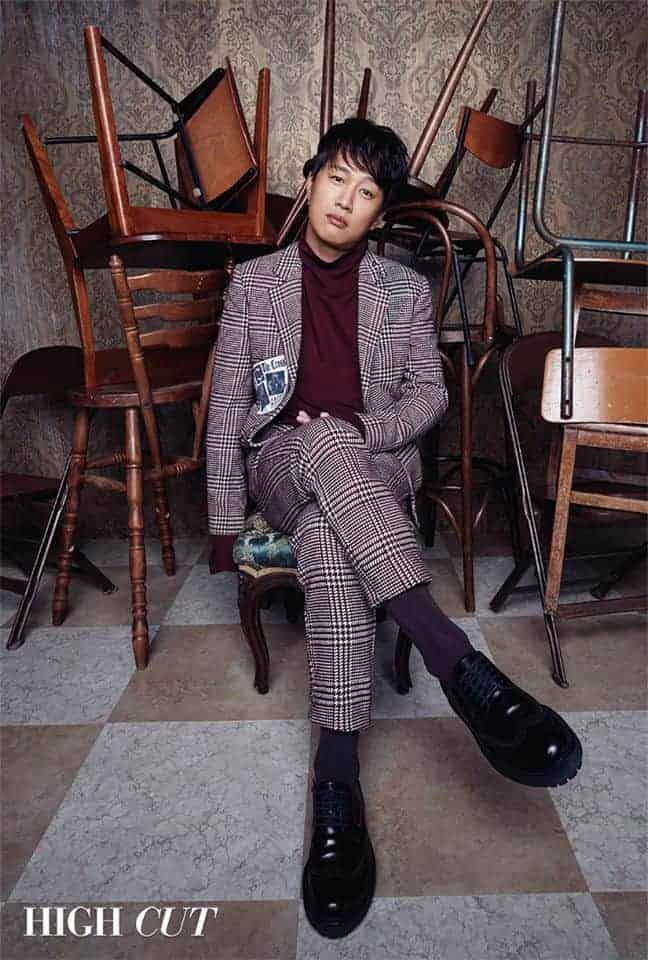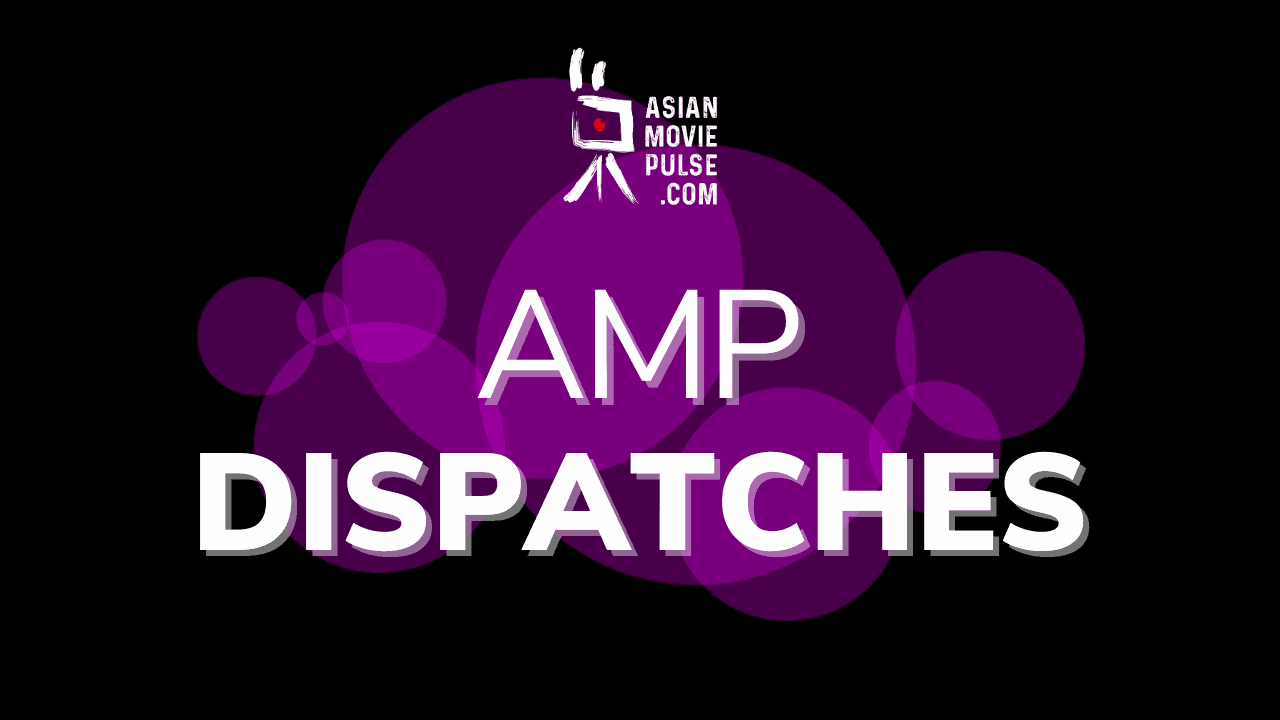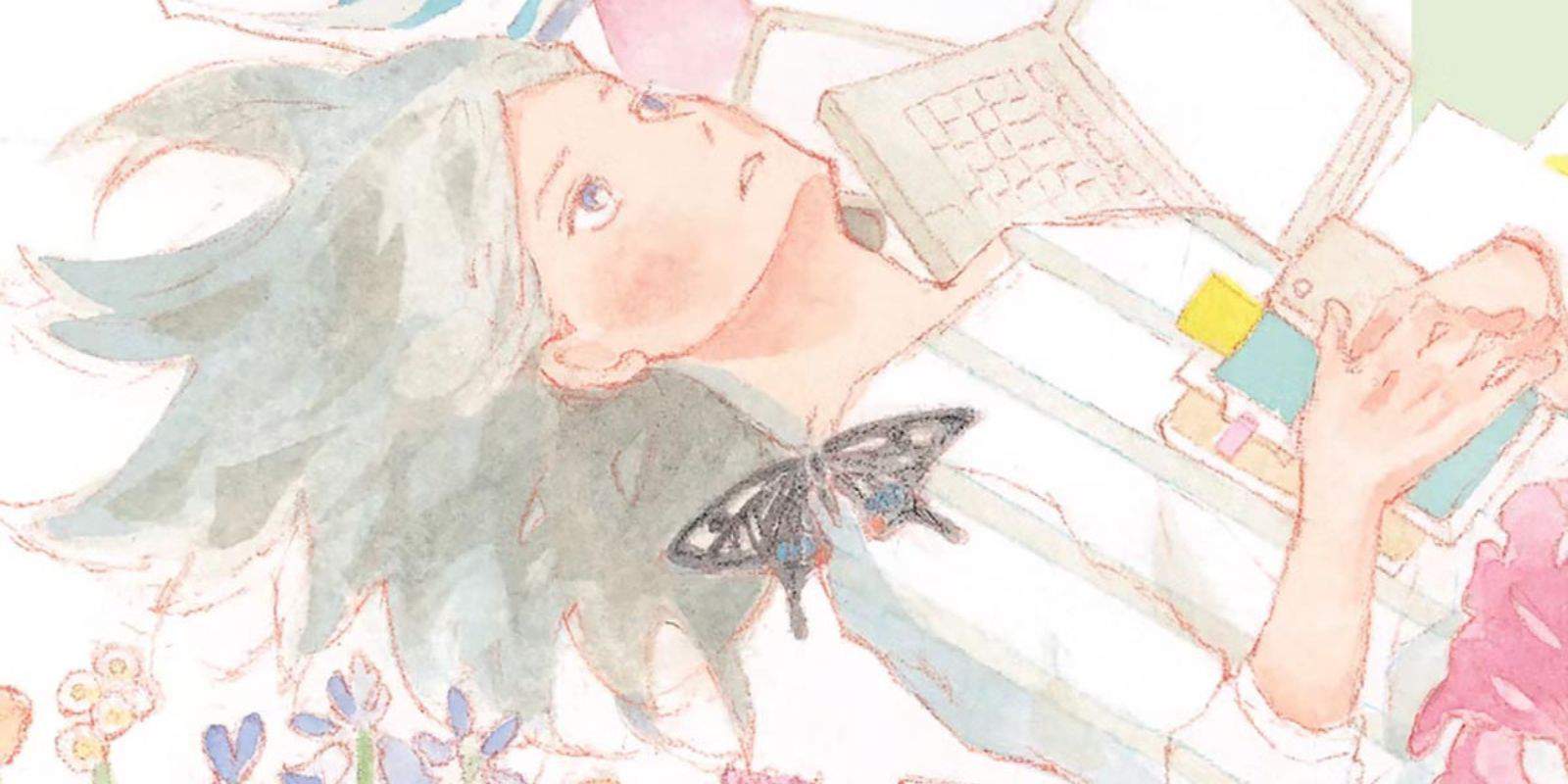Phuong Anh Dao was born on April 30, 1992, in a family with no artistic background; her parents were small traders in the town of Gành Hào, Đông Hải district, Bạc Liêu province. Supported by her family to pursue the arts, she moved to Ho Chi Minh City to enroll in the University of Theater and Cinema. In 2014, she began her acting career with the role of An Sa in the sitcom Kim chi cà pháo (Pickled Mustard Greens), but it did not leave a significant impression.
In 2018, she made a strong impression with her role as Nhật Hạ in the film Nhắm mắt thấy mùa hè (Summer in Closed Eyes), filmed in Japan. This role earned her the “Best Actress” award at the Hanoi International Film Festival. Subsequently, she played lead roles in two films: Em gái mưa (Rainy Girl) and Chàng vợ của em (My Mr. Wife). In 2019, Đào played the character Thanh in the horror film Cha ma (Father Ghost). In 2020, she took on the role of Thu in the film Bằng chứng vô hình (Invisible Evidence). In 2022, Phương Anh Đào portrayed Dr. Phương Anh in the horror film Vô diện sát nhân (Faceless Killer). Her latest role was in “MAI” which recently became the the highest grossing film of all time in Vietnam.
On the occasion of this impressive event, we speak with Phuong Anh Dao about the success of the movie, what drew her to the part, her collaboration with Tran Thanh and Tuan Tran, the most difficult scenes in the movie and other topics.
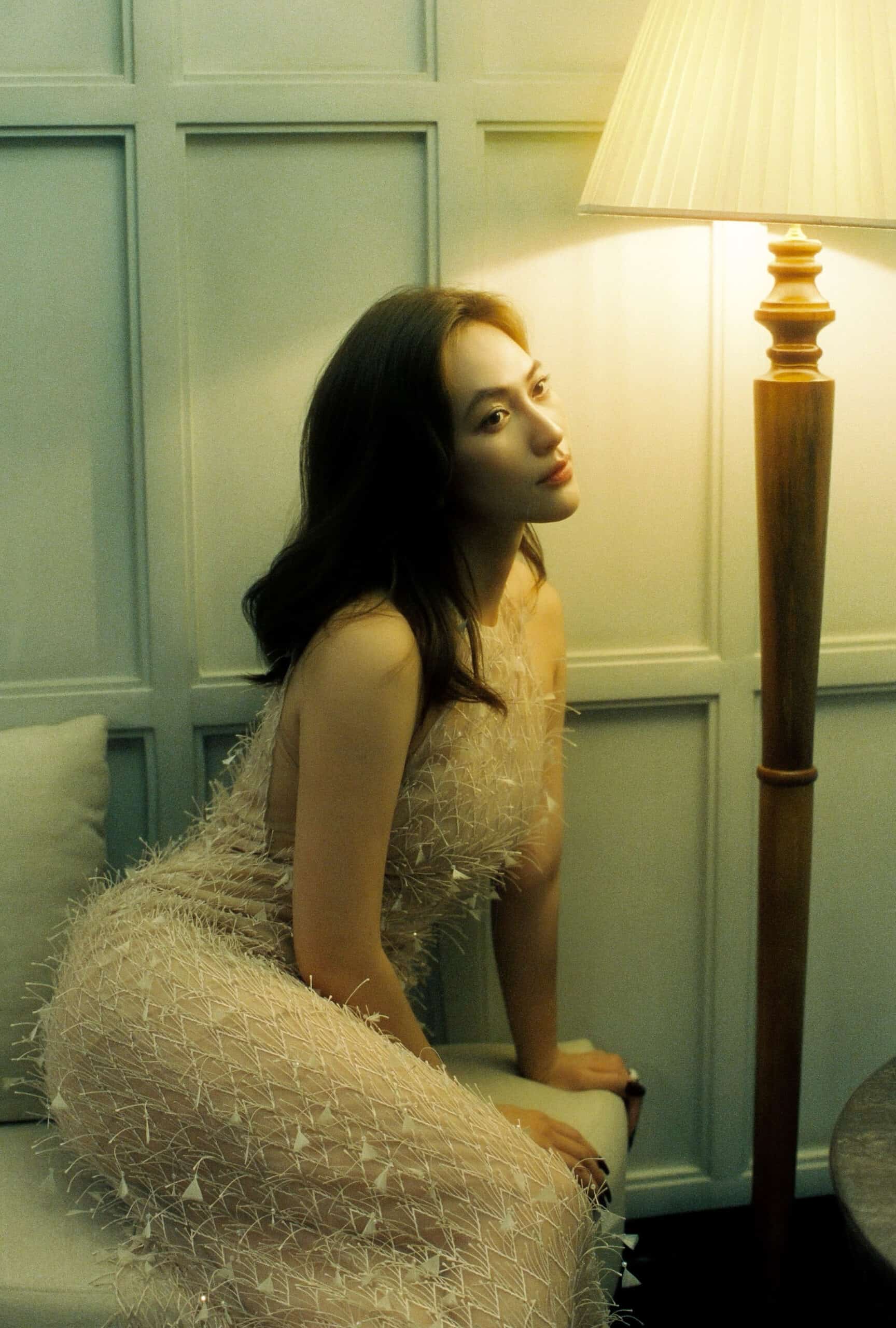
MAI is now the highest grossing film of all time in Vietnam. Did you expect this success? And why do you think it occurred?
I was attracted and moved by Mai's story and I wanted to seize the opportunity to learn and gain new and interesting perspectives from Mr. Tran Thanh. Every day I went to the film set, I wanted to be able to tell the story of Mai's life to the audience in the most grounded and emotional way. Everyone worked passionately and did their best in their roles and the whole production ran smoothly. “One little bird cannot make a spring”. Every person, every job they do, the logistics, designers, camera team, costumes, make-up, and actors were all solid bricks for Mai. It would be impossible without all those people.
So I believed that the film would be successful and could touch the hearts of audiences, but we were all completely overwhelmed with the result when “Mai” became the highest-grossing film of all time in Vietnam. I really want to thank the audiences for their reception and resonance.
What drew you to the particular part and how would you describe Mai? In general, how do you choose the roles you will play in?
There are 3 elements of a character that will appeal to me. First, the character's story, where she comes from, what she has experienced, from which her personality and perception are formed. The second is how the character is developed over the length of the script, what is the character's psychology before and after encountering events. Finally, when she/he falls in love, how will her/his journey change? Actually, I'm no longer at the age where I'm immersed in romantic love, but that doesn't mean I won't fall in love, it's just that love at that age will be deeper.
Mai has all of the above factors. When I “met” Mai, I saw everything that I ever wanted to try in a character.
With a new script, I always expect vibration and connection to the meaning of the story, through the character's journey of change and development. I am the first audience, so I have to feel love, wish to understand, and sympathize with the character I portray.
The next factor is that the type of character is attractive enough to me or I have never played that type of role before.
Check the review of the film
Do you like Mai? Do you think you could be friends with her if you ever met her in real life?
I like Mai, I do have great empathy for Mai, a person who never wants people to pity her, so she tries to live well, be independent, and knows she also needs peace and happiness.
If I could meet someone like Mai, I would really like to be her friend, hug her and say:
“Thank you Mai for always working hard, being a righteous woman and always thinking of others.” But I will also give Mai a shake to tell her that there is no need to stay at self-deprecation, no need to care much about opinions, Mai should just be herself, love if she wants to love, cry if she wants to cry, she deserves it. Anyway, thank you Mai for giving me the opportunity to tell Mai's story, a character with so many layers, and revealing the pain and the desire of this woman. Luckily, Mai was loved and accepted by the audience. I am very proud to be Mai's friend.”
How was your collaboration with Tran Thanh and Tuan Tran?
Working with a director full of emotions and great energy like Tran Thanh and collaborating with Tuan Tran was a great experience for me.
Mr. Thanh always knew clearly what he wanted and did a very good job as a director, working with the actors to develop the characters' psychology as well as the plot of the film. On set, Mr. Thanh required a great deal of focus on quality, and flexibility to changes, while exploiting potentials, adding insight to gain the best actor's performance at that time.
Tuan is a good actor, he is also quite patient and gentle in everyday life and knows how to interact with his co-actor. Tuan works hard to learn and never complains about the director's requests. Tuan even seriously discussed with the director about his ideas/suggestions when acting with me to achieve the best shot. I am really thankful for Tuan and also learned a lot from him.
Which one was the most difficult scene to shoot and which one is your favorite scene?
Strangely enough, the scene that I found most interesting was the scene where Mai started to stand up and fight with the negative people around her life. The explosion in Mai, the confrontation to protect herself and her confidence makes her ready to stand up and fight for what she wants. That scene deals with repression, contains many things that have happened since the beginning of the film, and is a spiritual milestone, with the way she chooses to react to the events that happen to Mai that happen after the second half of the film.
I also rarely play a role that quarrels on the big screen, so that scene was especially exciting, feeling like Mai had a new color.
There was no most difficult scene, but every scene was a tough challenge. Director Tran Thanh loves to challenge his actors, so every scene will have some parts that force the actors to pour all their skills into performing. But if I have to pick, I think it would be the scene where Mai is at (Duong's) Sau's house, all the truths about Mai are exposed in front of her lover's family. It was a scene where the emotions were like a whirlwind, very intense. The pain of the past, the shame of her family and her own child, the broken image in front of her lover's mother, the fear that Sau will pity her, all hit Mai straight at the same time, held Mai down, but Mai could only stand still and endure.

How would you describe the situation of the Vietnamese movie industry at the moment? Are there enough opportunities for women actors?
From my perspective, the Vietnamese film industry is an industry on the verge of strong development. Vietnam has its own materials and its own personality; still in the stage of absorbing, cultivating and learning to exploit strengths. Vietnamese cinema in recent years has become more diverse in genre, more experimental, and received enthusiastic recognition from movie-loving audiences… People often say: If you walk enough, you will get wherever you want! So if you ask me if I am confident that one day Vietnamese cinema will step into the big ocean, I still believe that day will come!
Besides, Vietnam is also an open and fair film industry, there are always opportunities for those who patiently strive, regardless of male or female positions on the set. The proof is that Vietnam has many good female directors, good female actors, as well as cinematographers, good female producers.
Are you working on any new projects?
At the moment, I want to take time to “F5”, to refresh myself. I need time to say goodbye to Mai!


